Blog
All of our Blog Posts

Pub Chats: Seren
Pub Chats is back! After an extended hiatus, the Poetry School’s long-running series of interviews with indie publishers returns with a fresh round of innovative small presses. First to join us in our imaginary theatre pub somewhere in London’s docklands is Rosie Johns, Marketing and Communication Officer at Seren. Hello there! What are you drinking? Rosie: You…
Read More
Pub Chats: Holland Park Press
Pub Chats is back! After an extended hiatus, the Poetry School’s long-running series of interviews with indie publishers returns with a fresh round of innovative small presses. Joining us today in our imaginary theatre pub somewhere in London’s docklands is Bernadette Jansen op de Haar of Holland Park Press. Hello there! What are you drinking? Bernadette: A…
Read More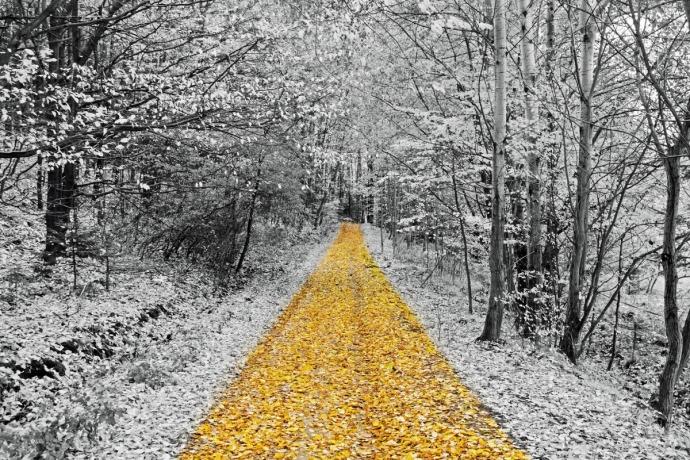
A Dweller on the Plains: the Poetry of Walking
I haven’t always loved walking. As a child, I saw it as an unnecessary distraction from reading. It was only when I lived in central London and could walk everywhere that I started to enjoy it as a mode of transport. I walked back home from events in the evening, noticing the vivid flashes of…
Read More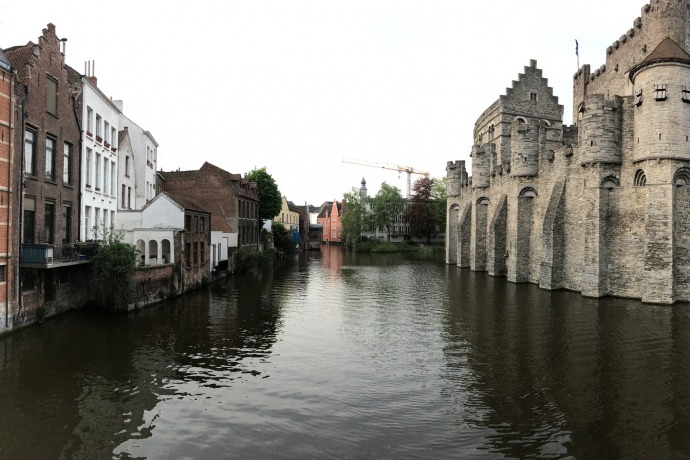
Review: ‘Passport’ by Richie McCaffery
In his second collection, Passport, Richie McCaffery explores the realities faced by many international couples who live with the uncertainty of Brexit. The poems are taut with frustrated energy as the speaker, who it is clear from the poems is McCaffery himself, seeks a place to call home. McCaffery is British and his wife is from…
Read More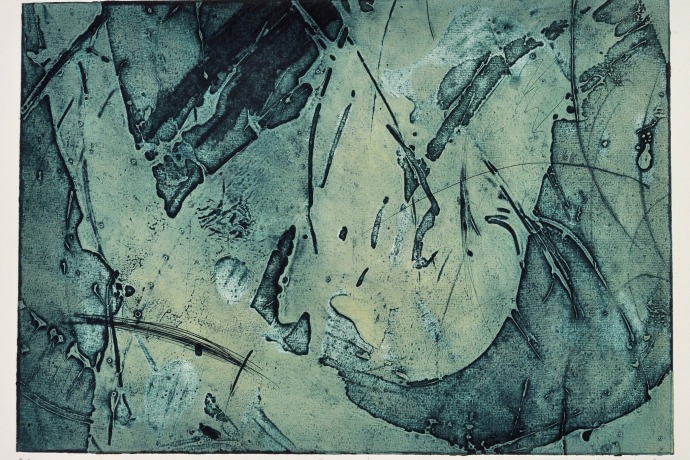
Review: ‘The Girl Who Forgets How To Walk’ by Kate Davis
A personal quest to re-learn how to walk through cherished, northern landscapes introduces a gifted new voice. Gathering fragments from memory, myth, archaeology and geology, Kate Davis’s debut is a nimble exploration of what it means not only to exist, but to persist. The Girl Who Forgets How to Walk feels to me incredibly timely….
Read More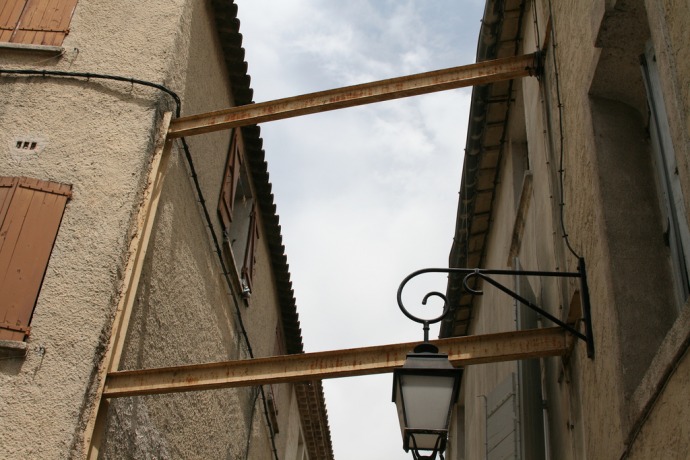
Review: ‘support, support’ by Helen Charman
‘love other women / collaborate only with them’ writes Helen Charman in ‘Instructions for waking up in the morning’, the first poem of support, support (Offord Road Books). The pamphlet takes its title from Denise Riley’s ‘Affections Must Not’, and women’s voices – urgent, ebullient, sardonic – are important throughout. The opening poem acts as an…
Read More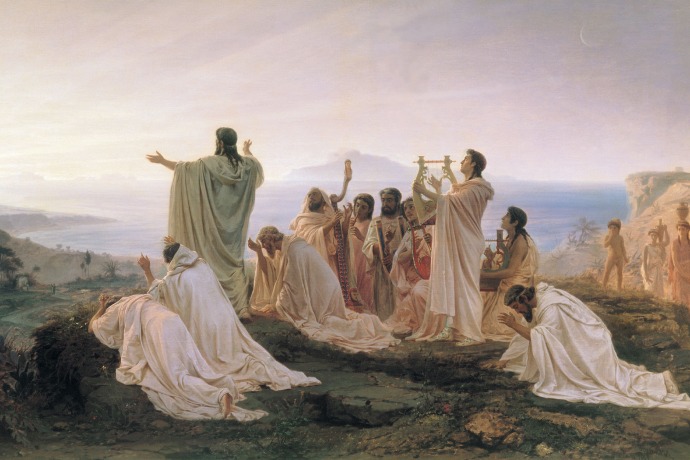
Technicians of the Sacred: The Poem as a Magical Event
‘Magic is the very essence of it all. It’s spirit, the life force, that creative, inexplicable power which we all possess and seek to express in the world. How well we manage to do that is a totally individual matter.’ – Lucius Mattheisen In the contemplation of magical space, what emerges is just how…
Read More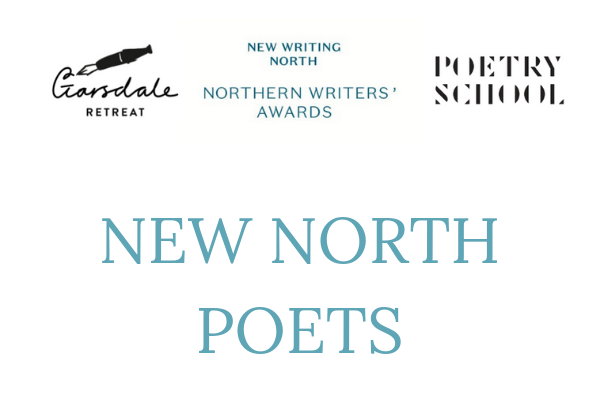
New North Poets Mentoring Programme Open for Applications
The New North Poets mentoring programme is part of the Northern Writers’ Awards organised by New Writing North. The programme, devised and delivered by the Poetry School, and judged by Don Paterson, is open to poets who are yet to publish a full-length collection. Four winning poets will receive a structured package of support on the programme. This…
Read More
What Is a Poem?
Does a poem have to rhyme in order to be a poem? Does it have to have line breaks? Does it have to be about metaphysics or can it be about tin openers – can it be about both? Is a poem still a poem when it is ‘deliberately opaque’? What about if it’s been…
Read More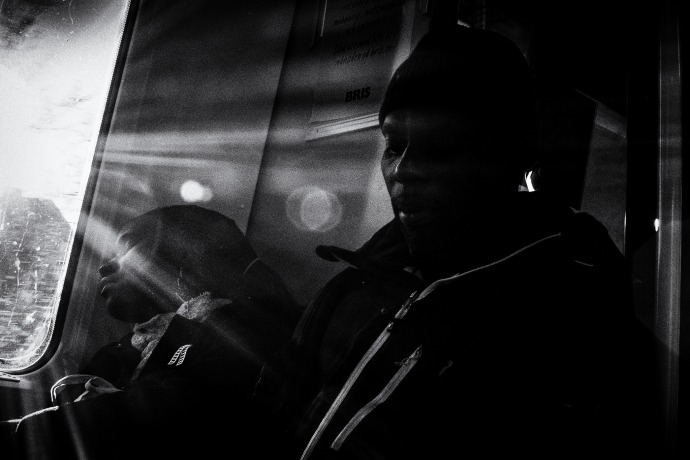
Review: ‘American Sonnets for My Past and Future Assassin’ by Terrance Hayes
Tradition and fashion aside, what Terrance Hayes does with 14 lines, over and over, is what seems necessary: the focusing and finessing of a complex voice – by turns melancholy, crass, urbane, incensed – into a mode that keeps his train-of-thought moving while calling at every stop. Rhythm and momentum in poetry are not the…
Read More
The Double-image of Poetry and Photography
Creative mediums are not indefinable. They have essential elements that mean they are not something else at root. But their practise is not best served by recourse to the ‘it is whatever you want it to be’ line of thinking. I mean, that’s fine, of course – people can think what they like – but…
Read More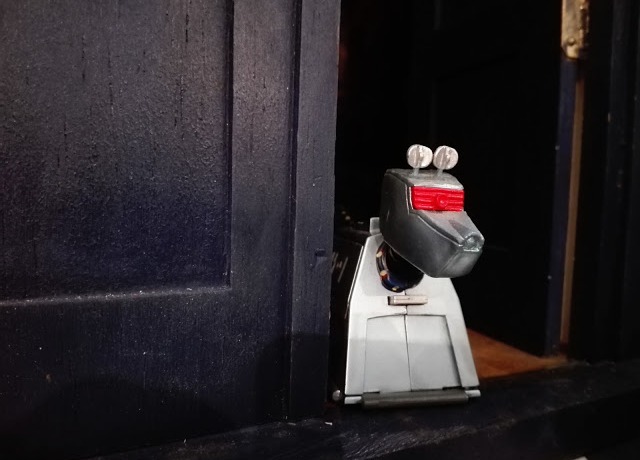
What is Science Fiction Poetry?
Poetry often confines itself to the ‘real’ world, the world of nature or the city, relationships or the inner life. It is a counterpart to the novels of literary fiction which deal with these themes. But what about the themes covered by so-called genre fiction, speculation about the future, or life beyond the Earth? There…
Read More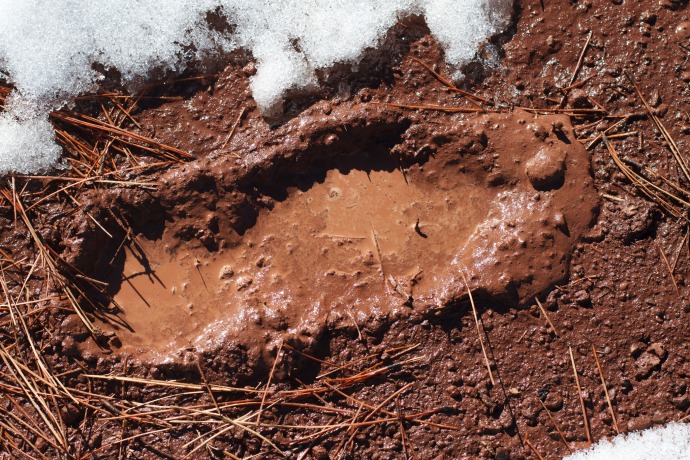
Someone Else’s Shoes: Poetic Monologue
Poetry is escape. The bloke at the desk there, not moving at all, not even seeing us as we step into his room now, but staring into space, tapping perhaps his pen against his teeth, or leaning now to squint closely at a sheet of paper, alive with these squiggly, wriggly marks which contain all…
Read More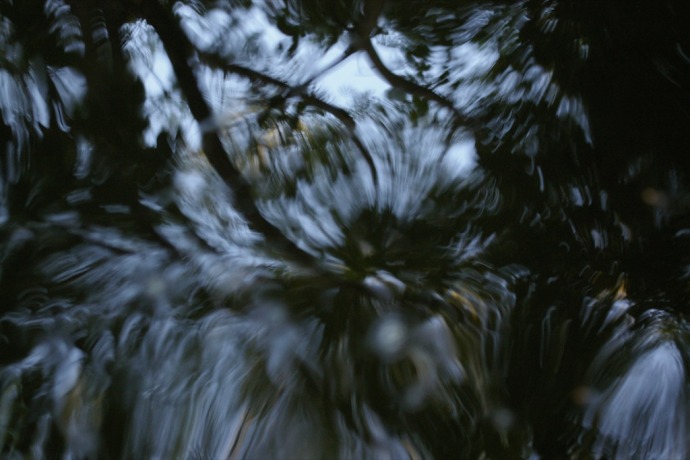
Danne Jobin Interviews Pascale Petit
Danne Jobin interviews Pascale Petit, winner of the 2018 RSL Ondaatje Prize and co-founder of the Poetry School, about rainforests, mothers and fathers, and trauma. Pascale Petit reads alongside co-founders Mimi Khalvati and Jane Duran at the celebratory event ‘21 Years of the Poetry School‘ at Poetry in Aldeburgh on Sunday 4th November. Danne Jobin: You…
Read More
Danne Jobin Interviews Richard Scott
Danne Jobin speaks with poet Richard Scott, author of Soho (Faber), about gay shame, the body, and openness. Danne Jobin and Richard Scott will read together at the Queer Studio event at Poetry in Aldeburgh on Saturday 3rd November, 17:30. Danne Jobin: David Halperin and Valerie Traub’s concept of gay shame has heavily influenced your work….
Read More
Course Quick Guide — Spring 2019
Face-to-Face Courses London Workshops: One and two day intensive classes The Light Room: Poetry & Photography’s Intersections with SJ Fowler Explore the light and dark of poems to develop new ways of seeing Come Back Early: Revisiting and Revising with Penny Boxall Find ways of turning a fresh pair of eyes on what we do….
Read More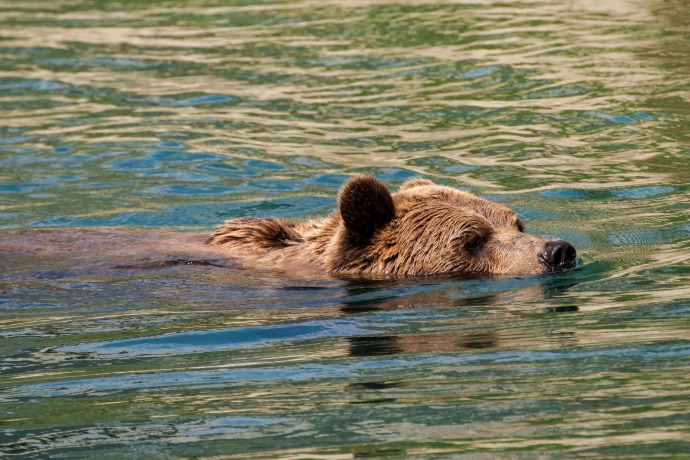
Kostya Tsolákis Interviews Chrissy Williams
Ahead of her reading at Poetry in Aldeburgh (2nd – 4th November, book here!), Kostya Tsolákis talks to poet, tutor and comics editor Chrissy Williams. Kostya Tsolákis: You’ll be taking part in a couple of events at Poetry in Aldeburgh this year, reading with Suzannah Evans, Matt Howard and Josephine Corcoran. You’ll also…
Read More
How I Did It: Eric Gregory Award — Victoria Adukwei Bulley on ‘What it Means’
Welcome to our Eric Gregory Award 2018 ‘How I Did It’ series. We asked the winners of this year’s awards to explain the process behind one of their award-winning poems. In this piece, Victoria Adukwei Bulley, author of Girl B, talks about ‘What it Means’. The Eric Gregory Awards will close for entries on the 31st of October,…
Read More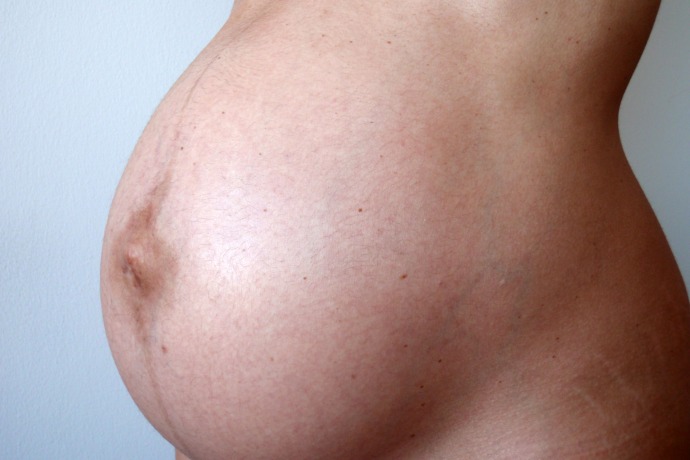
Review: ‘The Republic of Motherhood’ by Liz Berry
The Republic of Motherhood (Chatto and Windus) is a pamphlet of poems about motherhood. And it’s by Liz Berry, which means that it is brilliant. The poems in this pamphlet celebrate and sing every aspect of early motherhood, in all of its tendernesses and darker sufferings. One thing I was struck by was a really effective balance…
Read More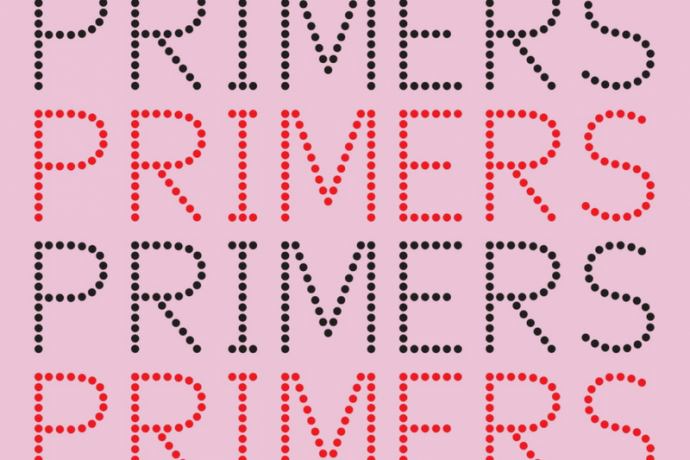
Lewis Buxton, Victoria Richards and Amelia Loulli Selected for Primers
The Poetry School and Nine Arches Press are delighted to announce the three poets selected for Primers Volume Four, our mentoring and publication scheme. After reading hundreds of submissions, the judges Kim Moore and Nine Arches editor Jane Commane have selected: Lewis Buxton for Weight Victoria Richards for To be fifteen Amelia Loulli for Mother, Mother Lewis Buxton…
Read More
Review: ‘The Singing Glacier’ by Helen Mort
The Singing Glacier (Hercules Editions) by Helen Mort is a brief collection, just six poems slotted into the size of a crack. But the heart-shaking imagery produced in response to this precious and precarious landscape cuts right to the core. The book opens with an orchestra of clattering spoons and chattering customers; percussive rain pounding against…
Read More
‘Watching the Nestbox’ by Anna Selby — Primers Shortlist 2018
Watching the Nestbox May 22nd to July 19th 2018 To hold a dying bird in your hands is like holding an argument: hot little thudding hot scuffle of feathers all angles and escape a body flooded, bolting. Its feathers peek between your fingers: reptilian tongues. A breath-a breath-abreath. Put it in your mouth like a…
Read More
‘lessons in glass’ by Olga Dermott-Bond — Primers Shortlist 2018
Olga Dermott-Bond is on the ten-person shortlist for Primers Volume Four. ‘lessons in glass’ is the title poem of her shortlised manuscript. We’ve been showcasing the work of all the shortlisted writers over the past two weeks. Click here to read more poems. Olga Dermott-Bond is originally from Northern Ireland and now lives in Warwickshire, where she is…
Read More
‘an ill wind’ by Charlotte Baldwin – Primers Shortlist 2018
Charlotte Baldwin works as an arts centre programmer, teaches creative writing and walks dogs.
Read More
Bridging Two Different Lands: Identity & Place
Ahead of her upcoming workshop, Romalyn Ante writes of the power of place in making us who we are The city teaches the man – Simonides The concepts of place and identity have always been interlinked, whether in geography, environmental psychology, urban planning, or ecocriticism. In this one-day workshop we will explore how…
Read More